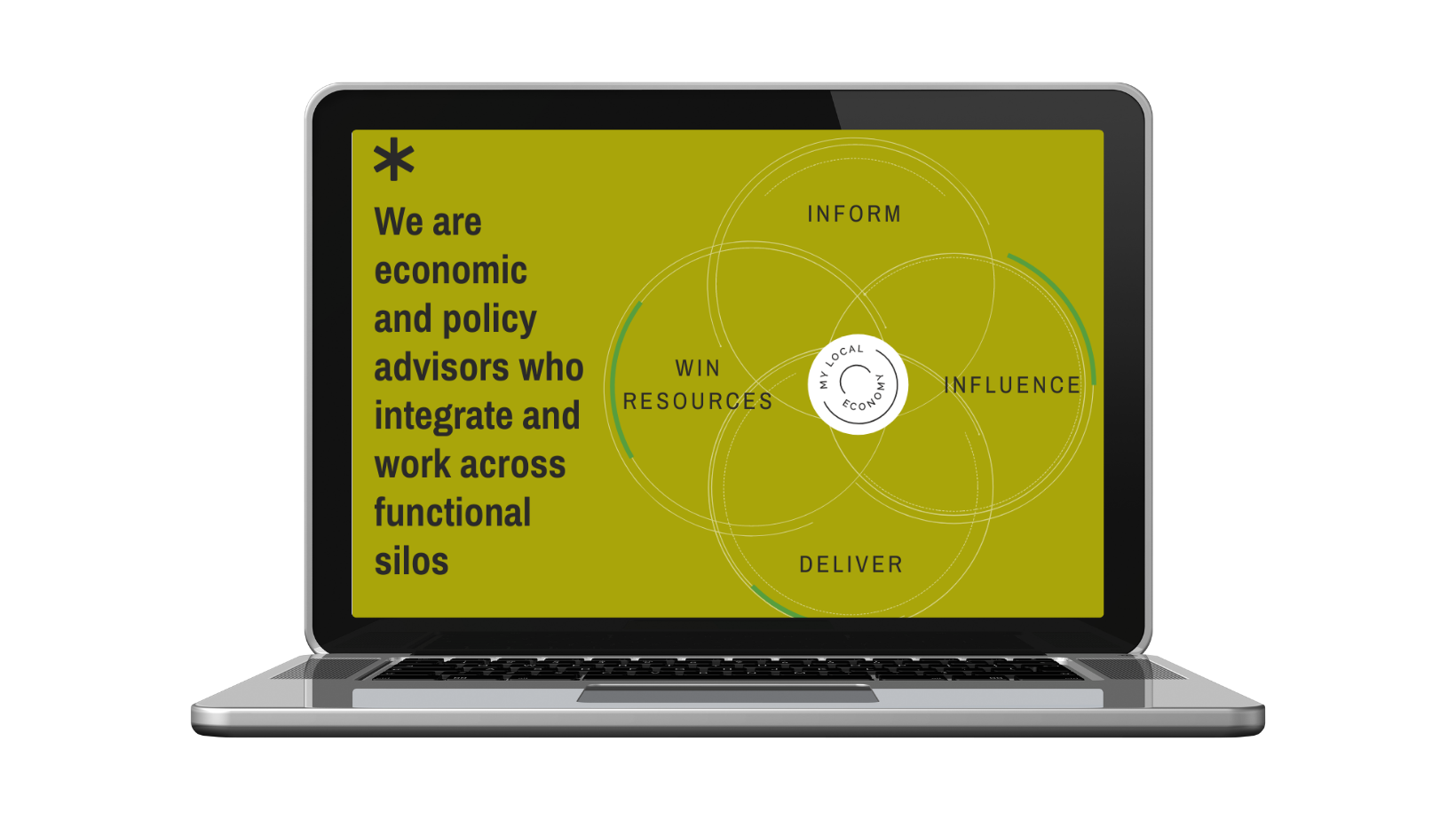The NE would need a significant scale of resources to out-compete and catch up with Scottish Enterprise; and would need to set up institutional capacity for the long term. There are lots of other examples of best in class inward investment organisations (Singapore, Munich) that the NE could also learn from. In this article I present my views about the ‘Scottish Enterprise Model’ and its relevance to the North East of England, after the many calls for ‘more devolution for the North East‘ after the referendum result and offer of greater devolved powers. My conclusions are that there’s no reason why the North East, with devolved powers, could not rival Scottish Enterprise in Inward Investment. But lets be sure – it will take some decent resources, and a long-term (20+ years) approach. Can devolution offer the stability that institutions dependent on Central Government funding cannot?
Listening to BBC Radio 4 the other day in my car I caught an excerpt of a business leader or commentator from the North East of England expressing their concern that if Scotland had even more devolved powers, they would capture more inward investment from the North East of England. The case was given of an investor who, given the choice between a North East Location and a Scottish location, chose the latter. The fact that the investor could “talk to one person or organisation to get a deal within 48 hours” as opposed to the English Model of having to go around the doors of many organisations to cobble together a deal was powerful.
Does the North-East want a ‘Scottish Enterprise’? Is it feasible?
As someone who is a expat Geordie and who used to work for and with Scottish Enterprise between 1995 and 2005 (and then the rest – 2 RDAs, a think tank and LEPs), perhaps I could offer a few observations.
The overnight success 40 years in the making? The Scottish Government have consistently invested significant resources into Scottish Enterprise and Scottish Development International / Locate in Scotland over a 25 year period, with similar powers and activities in the Scottish Development Agency between 1974 and 1990. Several of its senior executives have 10 to 20 years or more experience in Scottish Enterprise.
In other words, they have developed long term capacity, institutions, networks, relationships and expertise. Like all organisations, they restructure and renew – but they have not radically closed institutions down and created new ones every 5-10 years.
Can the NE afford it? in 2014 Scottish Enterprise had an annual budget of £330 million. It had 1,100 staff and 13 local offices. It has 30 overseas offices. Nine of its senior executives had basic salaries in excess of £100,000 per annum. Scottish Enterprise is a major undertaking in other words.
Could the NE do better?
Based on my experience all those years ago, the Scottish Enterprise Model had certain advantages: it was very well resourced, well integrated with the Scottish Executive (now called the Scottish Government) including in its joint venture ‘Locate in Scotland’ (now Scottish Development International), it had local and international offices as well as a network of representatives worldwide. In sum, the major benefits of its approach are:
- superior resources
- a great brand – ‘Scotland’ – that everyone knows
- market focus – where it has the best competitive advantage
- expertise
- continuity, long term development – capacity and networks
- ability to maintain local networks as well as international networks
- plugged into other parts of Scottish Enterprise, public and private sector
- keeps a close eye on competitors
However, I’ve also worked in a lot of different organisations in the 10 years since that time. Reflecting on that, I think that the following comments are probably fair about some inward investment promotion activities:
- Brand credibility: need for a focused brand – be what you say, offer what you say. Don’t brand yourself as something you are not
- Too many inward investment services don’t proactively market and engage. They are far too reactive. There’s a risk you a) dilute your brand; and b) miss your unique, credible selling points as a location
- It is possible to develop a locational offer – in the long-term. It is possible to move your business location into new markets. But you need some of the requisite qualities or assets (such as transferable skills); and you need to develop and reconfigure your assets over time.
- You need an overseas presence. Quite simply, you need agents on the ground able to generate leads on your behalf.
I’ve worked in a fair few large public sector organisations. Where I think Scottish Enterprise differed from RDAs is that Scottish Enterprise delivered a lot of activities itself, with its own staff whereas RDAs contracted quite a lot of services out – including, in some cases, Inward Investment promotion. Of course RDAs had headcount ceilings – although this was never official, it was the result of annual reductions in overhead expenditure – which resulted in the need to contract out more services. Scottish Enterprise is not perfect by any means – it makes mistakes like any other organisation. I guess the difference is that it is in a better position to learn from them and evolve.
In sum – there’s no reason why the North East, with devolved powers, could not rival Scottish Enterprise in Inward Investment. But lets be sure – it will take some decent resources, and a long-term (20+ years) approach. Can devolution offer the stability that institutions dependent on Central Government funding cannot?




